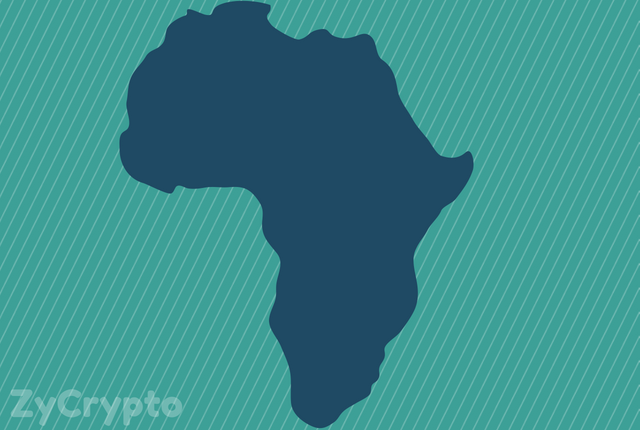Cryptocurrencies are making so much waves in Europe, Asia and Central American that there is little attention being brought to other places with potentials of creating huge markets for them.
The second largest and second most populous continent, Africa, is embracing the technology as an approach to the many problems countries in that continent are currently facing. Africa is hardly ever mentioned as one of the largest cryptocurrency markets, but looking at the pace at which cryptocurrencies adoption have taken pace, that would soon change.
Cryptocurrency adoption is thriving in the continent, with Bitcoin, as many would have guessed being the leading digital coin. Many countries including Ghana, Nigeria, Kenya, Zimbabwe, South Africa, and Uganda amongst others all witnessed a growth in the crypto community when the crypto market spiked last year.
Crypto exchanges have also gained grounds due to the favorable conditions available for cryptocurrencies in the continent. Luno, a South African based cryptocurrency exchange which began operation in 2013 currently has over 1.5 million users across 40 countries and aims to serve over 1 billion crypto users by 2025.
Africa’s interest in cryptocurrency stretches pass just individuals, as it is also welcomed at the national level by most of the countries. The Zimbabwean government welcomed the country’s first Bitcoin ATM in April this year, which gives users the freedom of exchanging cryptocurrency for cash at the country’s biggest crypto exchange platform, Golix.
Zimbabwe has suffered constant hyperinflation for years which at one point, led to the dollarization of their national currency, the Zimbabwean dollar in 2009. The diverse ways of which crypto opportunities come with, are now the only thing giving people hope in the economy after many years of financial turmoil.
Nuru Coin, the continent’s first multinational cryptocurrency was officially launched by the pan-African crypto community this year in February. This is aimed at helping promote trade among African countries as well as render financial services to people who lack access to a traditional bank account.
The surge is cryptocurrencies in Africa can largely also be linked to the percentage of millennials in the continent, who have decided to take advantage of cryptos to build something for themselves.
Ghana’s first ever digital currency, Finchcoin, was developed by a young group of Fintech entrepreneurs. Nigeria saw its Bitcoin sales in January rise to $4.7 million weekly, whiles in Kenya, young entrepreneurs have begun cryptocurrency mining as an alternative source to finance their startups.
Although cryptocurrencies comes with their ups and downs, Africa as a continent are ready to look beyond that, and come up with crypto-led innovations to better every aspect of their lives with the numerous opportunities that cryptocurrencies offer.
Cryptocurrency and Africa. The Journey So Far
Advertisement






